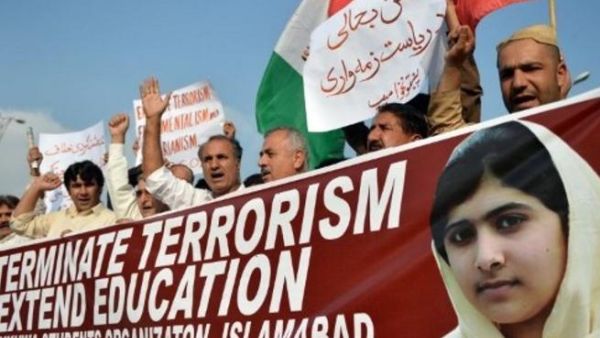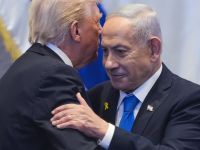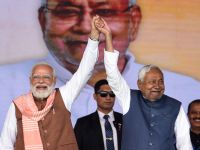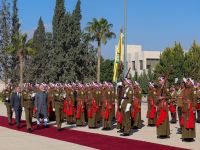The Pakistani schoolgirl who caused a global outcry is said to be recovering in a hospital in the UK today. In the meantime, the group who attacked her school bus, the TTP (Pakistani Taliban), have put out a statement to defend their outrageous actions.
It says much about both the ideology of the Taliban and the state of Pakistan that they should be defending their attack on a 14-year-old girl trying to speak out against the repression of girls’ education.
Their statement read: “Pashtun culture says women who mingle with ‘na’mehram’ (men outside their family) should be killed.”
They also accused Malala Yousafzai, the ninth grader who wrote about her desire to go to school, of being a spy for the UK. The schoolgirl had been blogging about her experiences for the BBC under the banner ‘Diary of a Pakistani schoolgirl.’
The blog included interviews with men outside of Malala’s immediate family, which is considered forbidden under very strict interpretations of Islam.
Many in Pakistan were outraged by the attacks, which sparked large-scale protests in Karachi on Sunday and further demonstrations in Islamabad on Tuesday. However, most Pakistanis would tell you: the differences between liberal Karachi and conservative Swat Valley could not be exaggerated enough.
The latter area of North West Pakistan, bordering Afghanistan, is considered almost entirely outside of central government control. It is largely self-administered with tribal chiefs running local politics, their own flag and a set of laws that do not apply anywhere else. But that does not mean that the events inside the region do not affect the rest of the country.
Imran Khan, the famous cricketer turned politician has been trying to present himself as potential president material for many years. He decided to visit Malala when she was still in hospital in Pakistan, trying to tap into the public outcry and appear as supporter of such basic human rights as girls’ education.
However, instead of condemning the actions of the Taliban, he endorsed their activities in neighboring Afghanistan as ‘legitimate “jihad”’. It was an ill-timed comment to say the least but the gaff also said something more sinister about the state of Pakistan. While the Afghan Taliban and the Pakistani Taliban are not one and the same organization, the links are undeniable.
Khan’s comments showed a politician’s understanding of where his votes could be coming from and just how much influence the TTP can exert on the rest of the country. It does not bode well for Pakistan or for the future of girls’ education.
What do you think about Malala's case? Should Imran Khan have kept quiet? Tell us what you think below.







